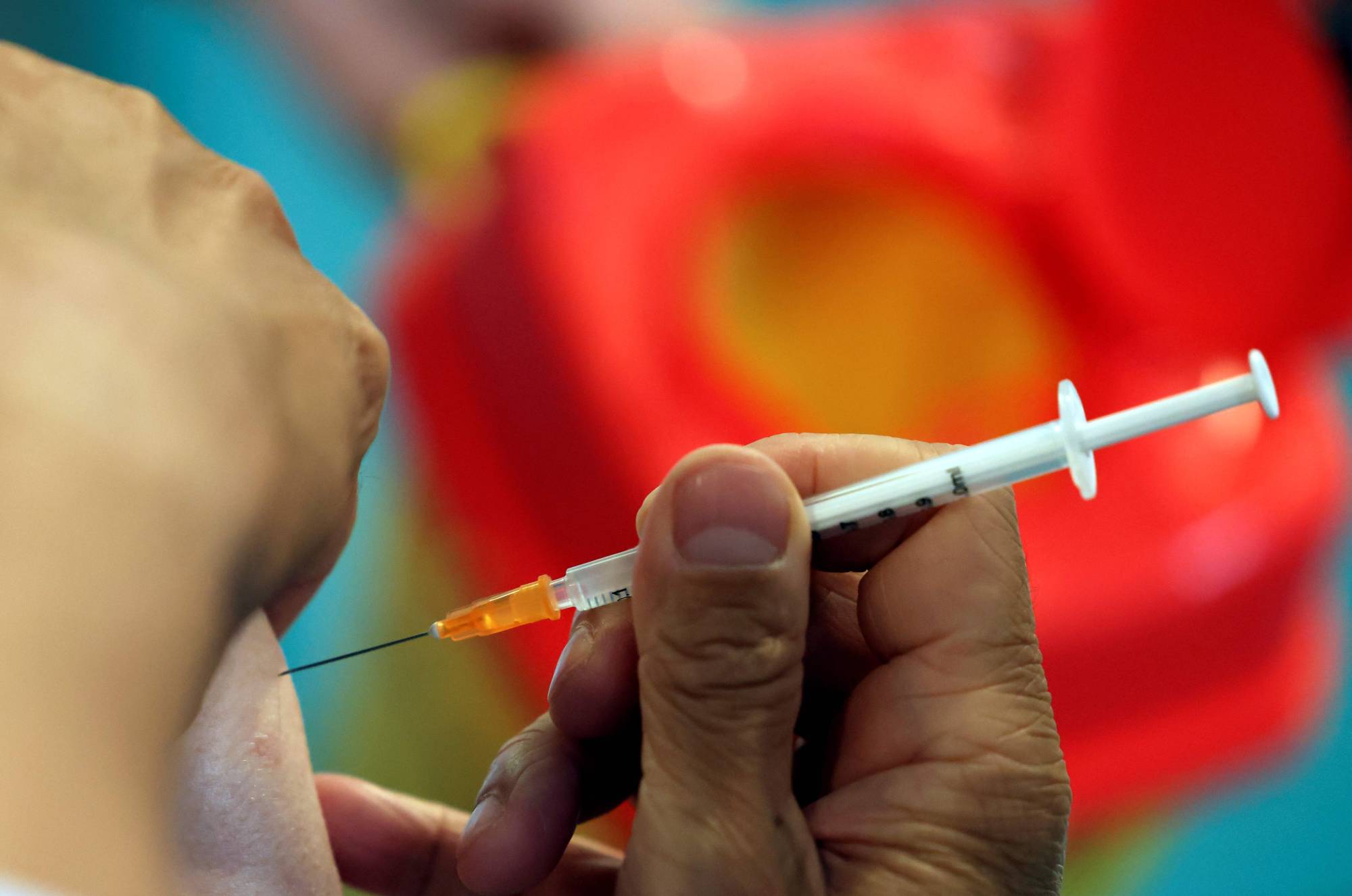Booster shots are being rolled out across much of the world to spur protection against COVID-19, prompting questions about when exactly they should be given. While there aren’t clear-cut answers, doctors say there’s a downside to getting them too soon.
It takes time for the immune system to build up its defenses and following vaccination or a natural infection, cells in the lymph nodes begin to mature and improve so they’re better prepared if they encounter the pathogen again. It takes several months to build what’s known as immune memory — essentially protection galvanized by long-lived, antibody-secreting plasma cells that reside in niches such as the bone marrow.
A booster shot given several months after the immune system has been primed by an initial series — usually two doses of a vaccine — can invigorate its response, said Stanley Plotkin, a veteran vaccinologist and emeritus professor of pediatrics at the University of Pennsylvania in Philadelphia. The additional inoculation triggers a surge of antibodies that are more adept at thwarting a range of SARS-CoV-2 variants, he said.


















With your current subscription plan you can comment on stories. However, before writing your first comment, please create a display name in the Profile section of your subscriber account page.